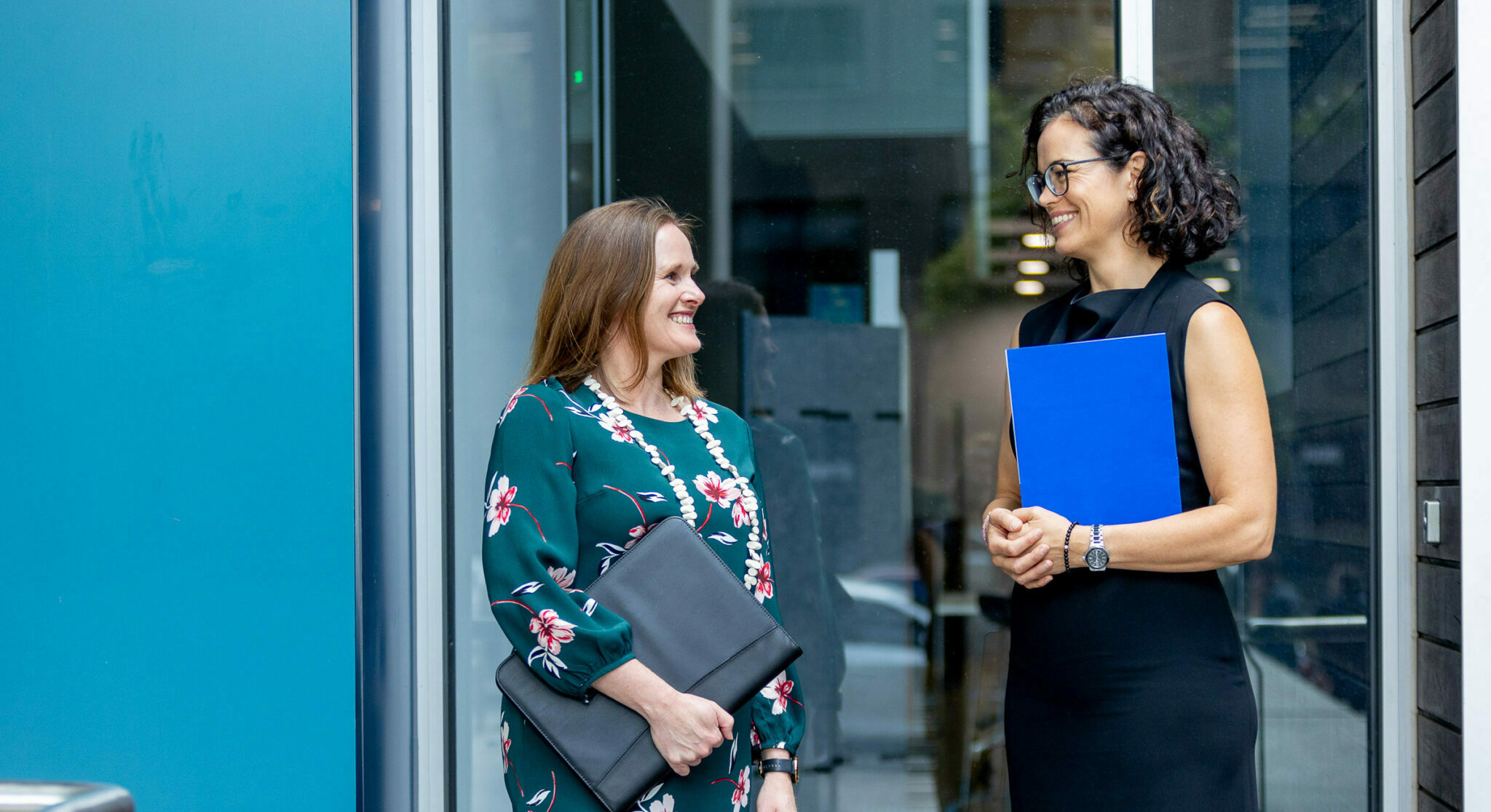Buying a business is an exciting venture. However, it’s a decision to be made with consideration and due diligence. In this two-part article series, we highlight what to look for when buying a business and what to consider when selling a business. No matter which stage of the business ownership lifecycle you’re at, having an understanding of both ends will give you competence and confidence. Understanding the legal issues you could encounter and the value exchange will help you get the most out of your asset.
When buying a business you should look at financial records, business performance, your rights, contracts and the payment structure of the sale. In this first article, we’ll cover the risks associated with all of these aspects of buying a business and the legal issues that you can encounter.
The risks involved in buying a business and why you need a business lawyer
Identifying and understanding the risks of acquiring a new business will ensure that you control and minimise any risks. You need an understanding of both common risks and industry risks. A lawyer will help you to control and minimise risks in negotiating a purchase through due diligence, contracts, commercial approaches and business structuring. There are many risk areas that should be examined when buying a business. The four common areas are transaction risks, due diligence, contracting and warranties, commercial approaches and deal structuring.
Transaction risks
The transaction itself presents several risks including employment transfer, tax and privacy, confidentiality and contract breaches. A lawyer with expertise in business sales and purchases (also known as mergers and acquisitions law) can assist you to control transaction risks. In the transaction, the value of the deal must be locked in, agreements with staff must be clear, cashflow assurance complete, disputes, complaints, actions or claims against the business investigated and Intellectual Property secured.
Due diligence
How much or how little due diligence is required in buying a business carries risk. Too little due diligence and you don’t have enough information to know what you are really buying and too much may mean excessive costs and overcomplicating the deal. The amount of due diligence depends on the size of the business deal, time, energy and money. An experienced lawyer can provide you with recommendations as to level of due diligence required, high risk areas and how due diligence should be carried out.
Contracting and warranties
The purchase contract carries inherent risks, but with the guidance of a lawyer, effective controls can be implemented to mitigate the risks through warranties and indemnities. Warranties provide assurances from the seller regarding the condition, quality, and compliance of the purchased goods or services. Indemnities ensure that the seller compensates the buyer for losses or liabilities arising from specified circumstances. By incorporating these provisions into the contract, the buyer gains protection in case of breaches or unforeseen issues, creating a fair and balanced agreement for both parties.
Commercial approaches and deal structuring
Outside of the purchase contract, there can still be risks that require management. The purchase contract won’t entirely protect you. Systems and processes should be established that minimise any outlying risks. Proper documentation should be set up to fill the gaps in the purchase contract and appropriate insurance should be implemented.
What legal issues should you consider when buying a business?
When buying a business you should consider the following legal issues:
- That the business sales are as good as the owner claims
- The business systems are sound and documented
- The business doesn’t have legal obligations or liabilities which have not been disclosed
- All necessary information, rights and assets, including intellectual property, will be included in the sale
- That cash flow is sustainable
- That those employees who are important to business operations will be happy to transfer to the new owner
How to find the right business lawyer for your needs
Your business lawyer should be experienced in acquisitions of your venture size. They should also have expertise in the industry to be best equipped to deal with making a successful transaction. It’s essential to have a business lawyer on your side to help you navigate all legal aspects of a business purchase. A business lawyer can provide advice on the best way to structure the transaction, review contracts and documents, and ensure that all legal requirements are met.
How we can help
Our Corporate & Commercial Lawyers can assist you to manage the risks of acquiring a new business when an opportunity presents itself. We are able to guide you through the process of buying or selling a business, step by step, assisting you from the early stages of negotiation to the settlement and finalisation of the sale. We aim to streamline the transaction so you can get down to business sooner.











